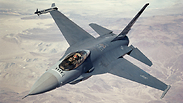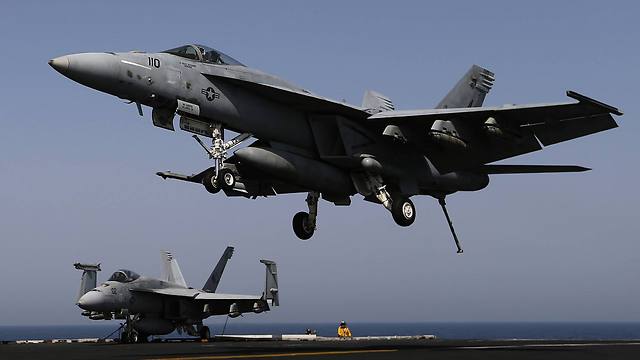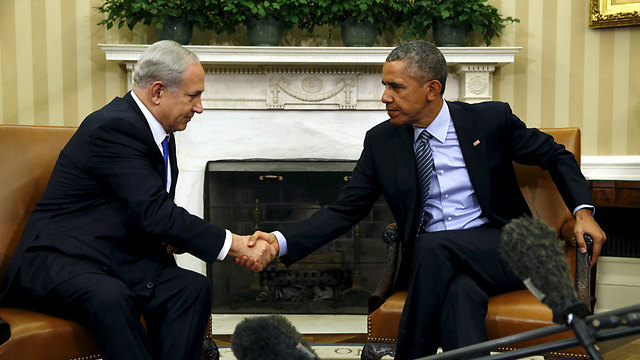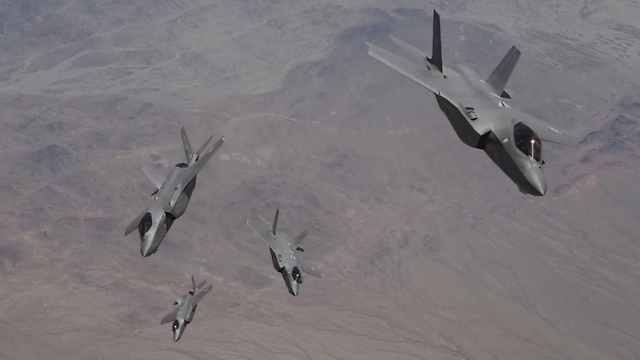
US approves fighter jet deal to Qatar and Kuwait
Despite Israeli concerns, the Pentagon and the State Department have given a green light the sale of US-made fighter jets to Qatar and Kuwait. The $7 billion deal is expected to strengthen the military ties between the US and the Gulf following the approval of the Iranian nuclear agreement.
While Boeing expressed satisfaction with the progress of the deal, American manufacturers have expressed frustration with the delay in approval and claimed that it could cost them billions of dollars and cause the Gulf states to look elsewhere for weapons suppliers.
The approval of the deal is intended to strengthen the alliance between the United States and the Gulf Arab states, especially in light of the Iranian nuclear agreement, which many Gulf states view with apprehension.
The Pentagon and the State Department had long considered the deal in which Qatar was set to receive 36 Boeing F-15 fighter jets, costing approximately $4 billion, and Kuwait was set to receive 28 F-18 Super Hornet fighter jets, with the option of purchasing an additional 12—a deal worth roughly $3 billion. A third deal for the sale of Lockheed Martin F-16s to Bahrain is still being considered and is likely to be approved, according to one official involved.
Officials say that while the Pentagon and the State Department have given the green light to the sale, they are still awaiting approval from the White House. If and when the White House approves, President Barak Obama will have to inform congress.
Qatar, which is home to a large American airbase, has increased the pace of its military procurement following a wave of revolutions in the Arab world and tensions between Iran and the Gulf states. Qatar and Kuwait are both members of a 34-country alliance that met last year in Saudi Arabia and agreed to fight ISIS and al-Qaeda.
The deal between the United States and the Gulf states comes at a time when disagreements are looming behind the scenes between Jerusalem and Washington over a security assistance package between the US and Israel. Several months ago, the White House announced in congress that it intended to increase the size of the assistance package to Israel against the backdrop of a difference of opinion concerning the Iranian nuclear agreement.
Under the terms of the package, the US is insisting that Israel use the billions of dollars it receives to buy goods and services originating in the United States only, instead of investing domestically. The White House described the terms of the package in an long letter to the Senate, which in April called on the White House to reach a deal on a new aid package to Israel.
At the beginning of last month, senior US officials announced that the two countries had closed most of the remaining gaps in the negotiations and the two sides hope to come to an agreement on a final deal soon.
The aid agreement is a memorandum of understanding between the two countries and is signed every ten years. In the last agreement, Israel received military assistance from the United States totaling $3.1 billion per year, meaning a total of $31 billion over the course of the decade. This marked an increase from the $24 billion provided under the terms of the preceding agreement.













